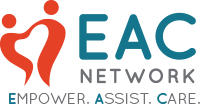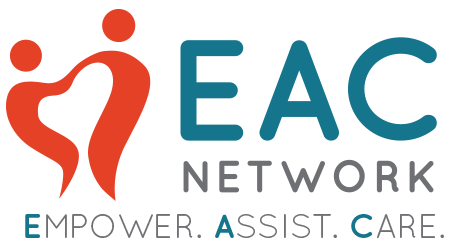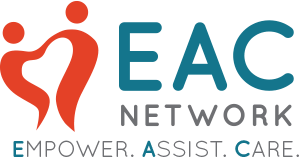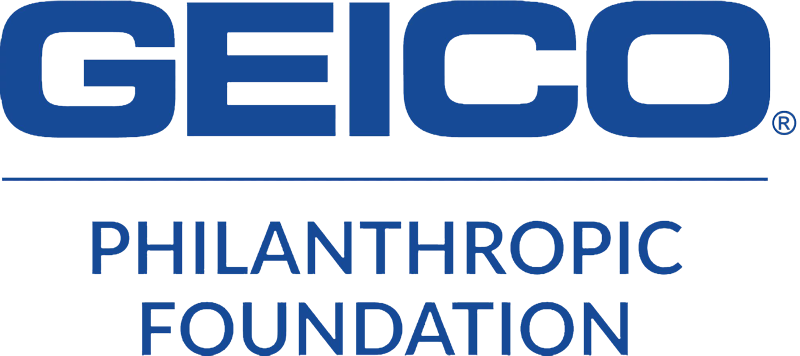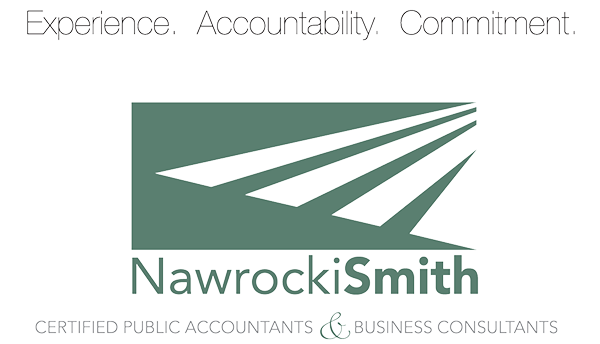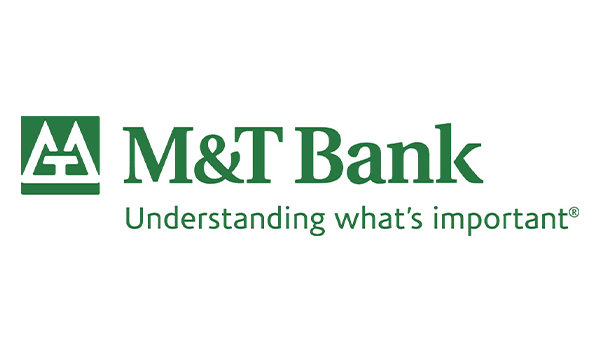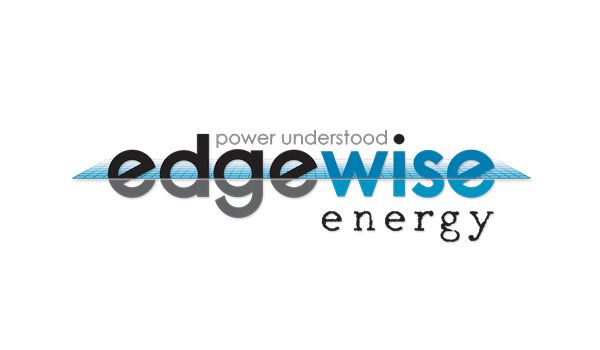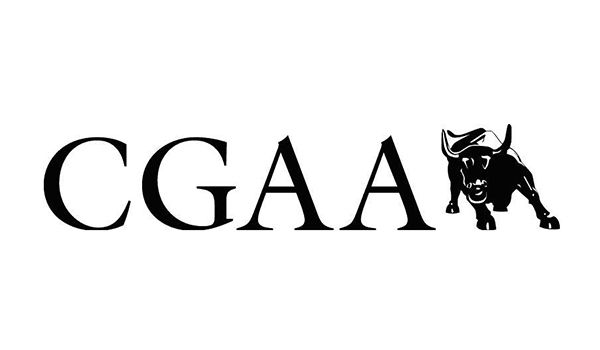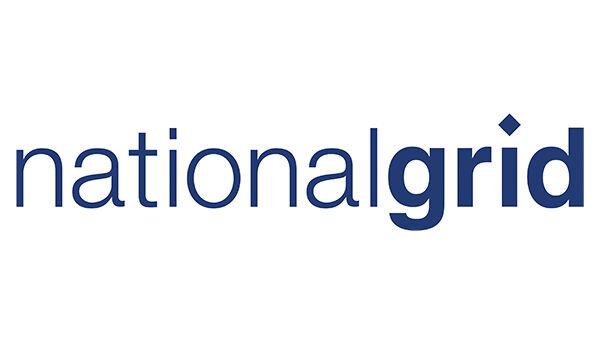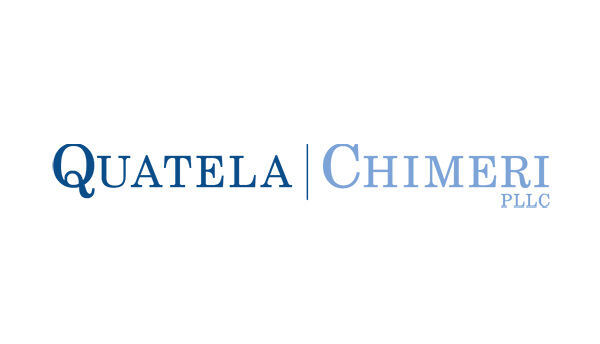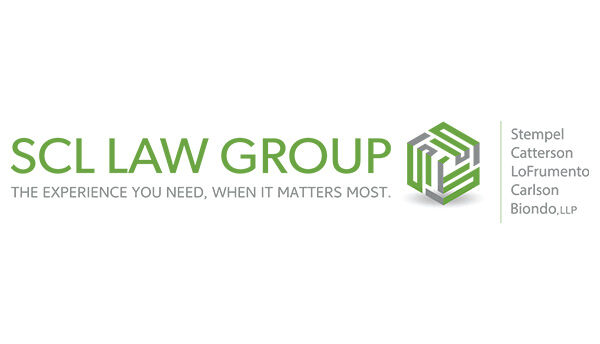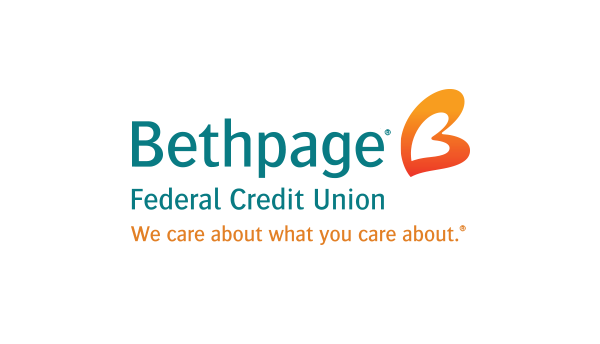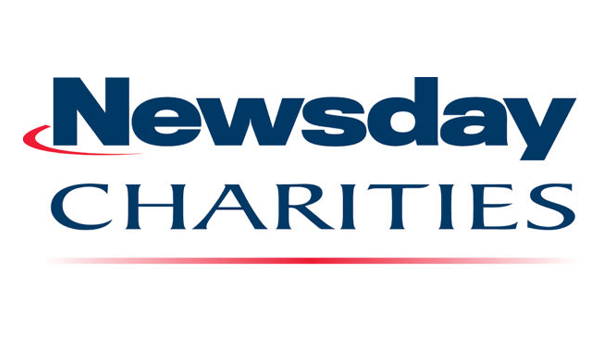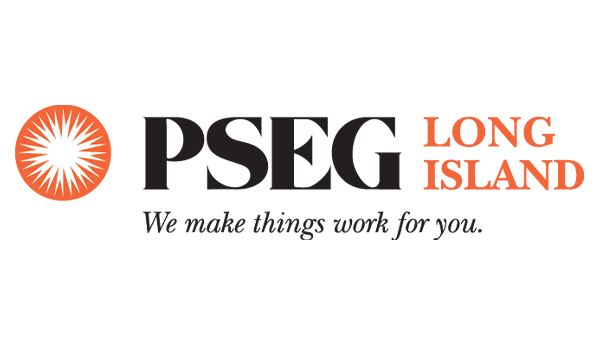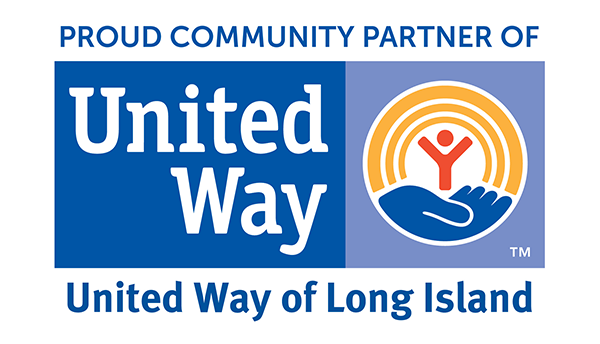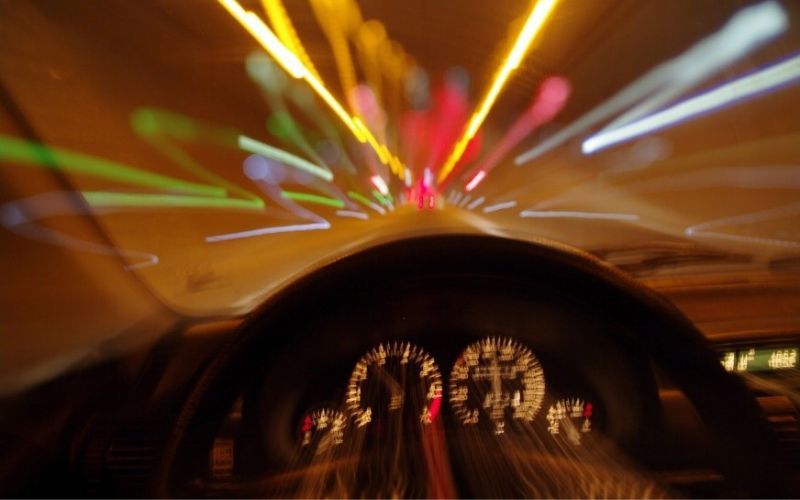
Impaired driving is a common road safety problem that worsens yearly. For example, a report from earlier this year shows that more than a quarter (25%) of all traffic-related deaths directly result from alcohol impairment. In New York, your blood alcohol level (BAC) determines if you are drunk or impaired. A level of .05% means you are legally impaired, and .08% means you are legally intoxicated.
While a concern throughout the year, these incidents are more prevalent during the holiday season. That’s why December is National Impaired Driving Prevention Month. From office parties to family gatherings, or nights out with friends, the holidays are a busy time of year, and more people are on the road. Sadly, there are more drunk driving-related fatalities during the Christmas and New Years’ time period. In 2020 there were 209 reported fatalities during this time frame.
4 Main Contributors to Impaired Driving
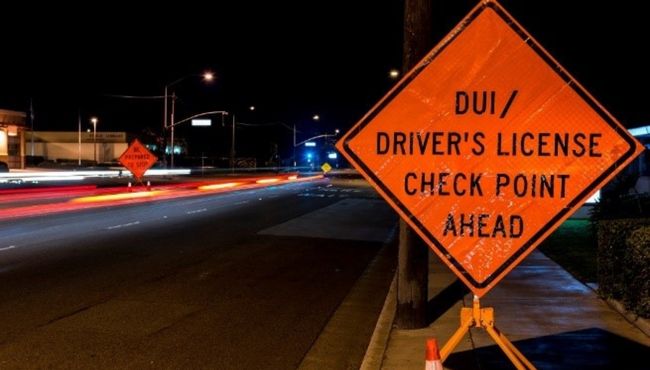
“Impaired driving” means operating a vehicle while under the influence of something that compromises your ability to drive carefully and safely.
1. Alcohol
Alcohol is the number one cause of impaired driving, with 32 deaths daily. In addition, it affects reasoning, reaction time, vision, and muscle coordination, which all compromise your decision-making and ability to drive.
2. Drugs
Drugs can impair your driving ability just as well, whether legal or not. In all the same ways that alcohol impairs you, drugs do as well. However, they can also be incredibly unpredictable and affect the body and mind in many different ways, placing you and others at an even greater risk of harm.
3. Medications
Some prescribed or over-the-counter medications can affect your body’s functions and can be just as dangerous. They could lead to poor muscle coordination, reduced decision-making capabilities, and drowsiness. Unfortunately, even with the warning labels that pharmacies place on the bottles, people often disregard them.
4. Distractions
Getting distracted while driving is a form of impairment as well. Anything that diverts your attention from driving is a concern. It could range from using your phone, eating, looking for something in the car, or worse, being distracted by the passengers in your vehicle. The designated driver has to contend with that concern often.
A Deeper Look
We also need to look at what leads to people making these decisions. For example, are they abusing alcohol or other substances? Are they going through a particularly tough time and making some bad choices as a result?
The holidays are a joyful time for many, but for others, it can be a time when depression can either set in or intensify.
If you know someone who may be drinking too much or using drugs, try and talk with them. Find a quiet place, prepare what you want to say ahead of time, and be sure to come across as helpful, concerned, and not judgmental. You can encourage them to consider professional help and suggest that they reach out to EAC Network and their Alcohol Education Program (AEP).
How to Help Prevent Impaired Driving
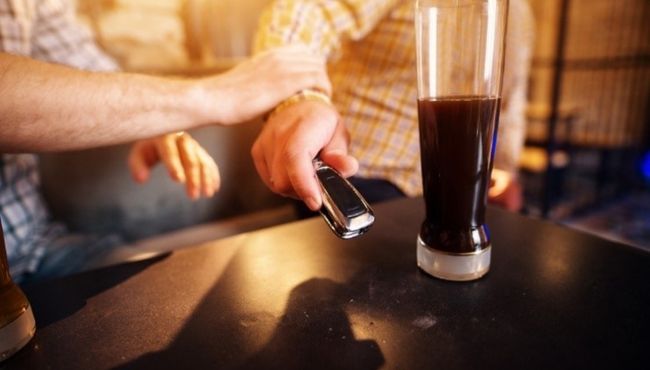
- Have a designated driver if you think you will use drugs or alcohol
- Follow the instructions of your prescription medication, and don’t drive if they warn against it
- Switch off your phone or avoid picking up calls and replying to texts while driving
- Avoid heated discussions and arguments inside the car
- If passengers are intoxicated and rowdy, consider pulling over if they become too distracting
- Use well-known routes and check for any road safety news from authorities
Too Much at Risk
Take care to make good decisions for yourselves and others. This holiday season and throughout the year, don’t get behind the wheel if you have been drinking. There are uncorrectable and life-altering mistakes that can happen if you do. Instead, use public transportation, cabs, or riding companies like Uber to safely get where you are going.
Reach out to EAC Network if you or someone you know needs help with substance abuse.
